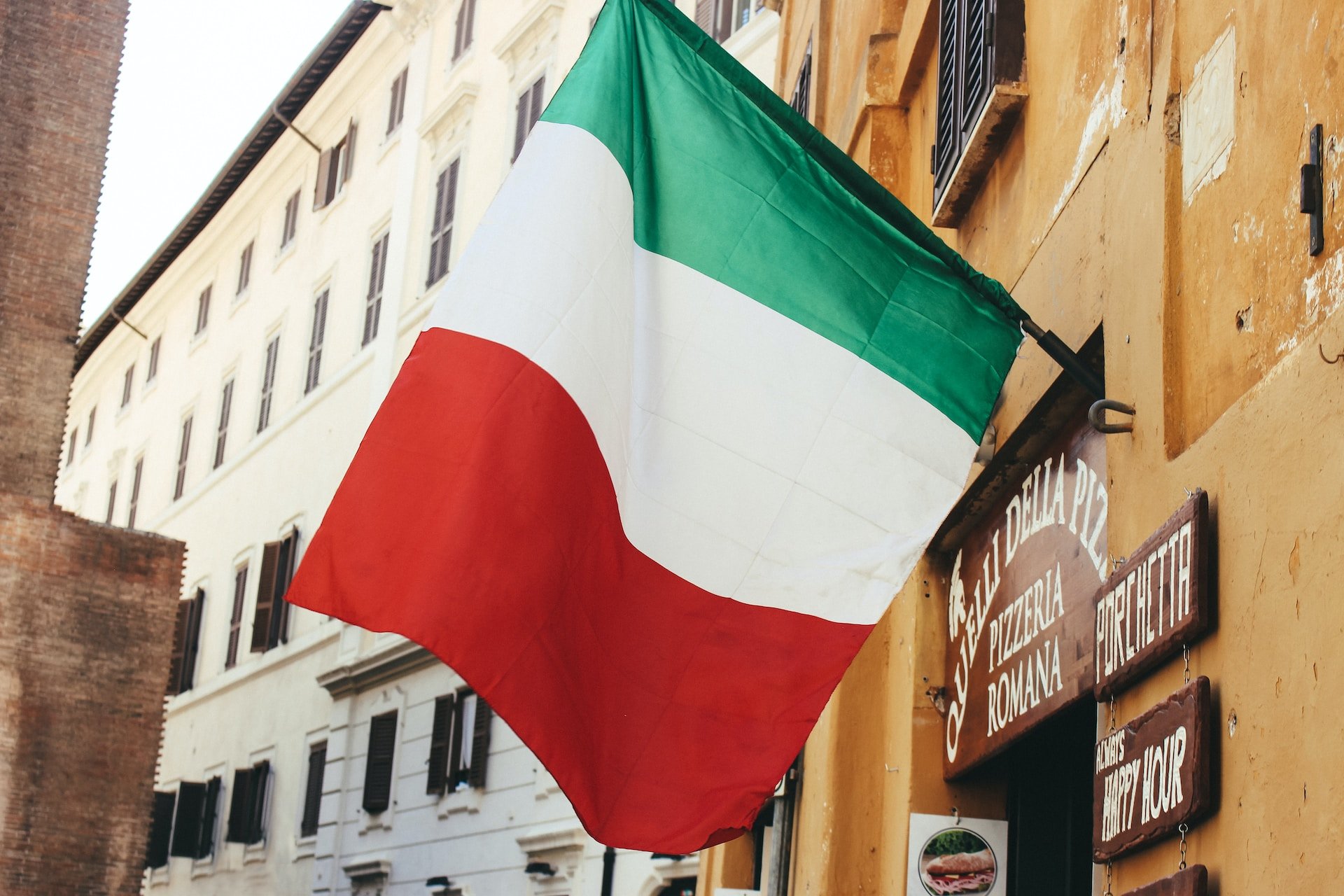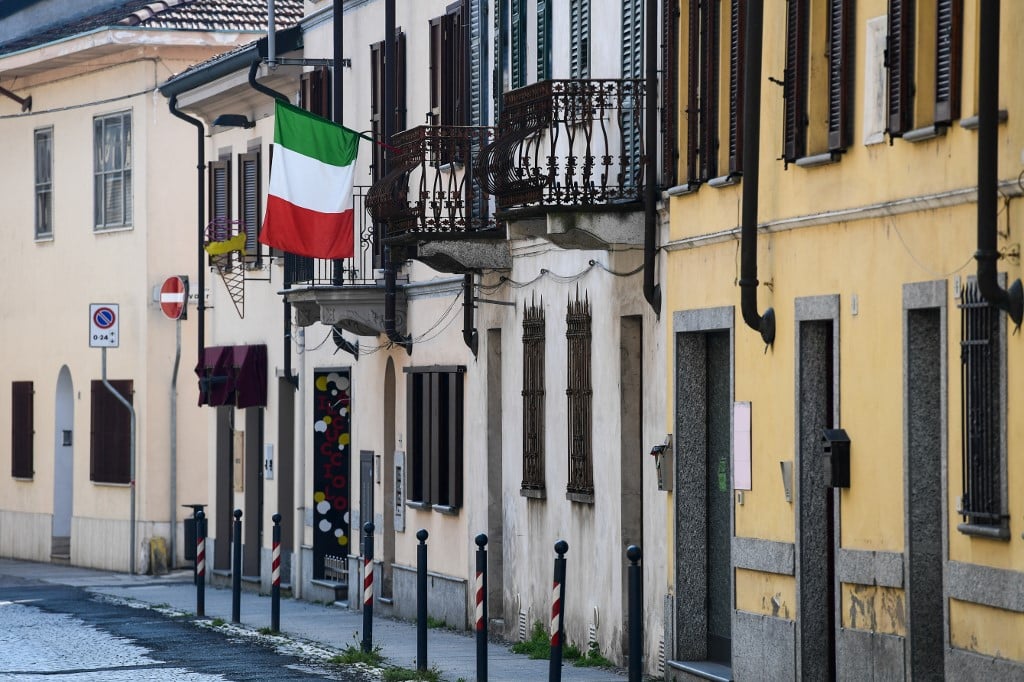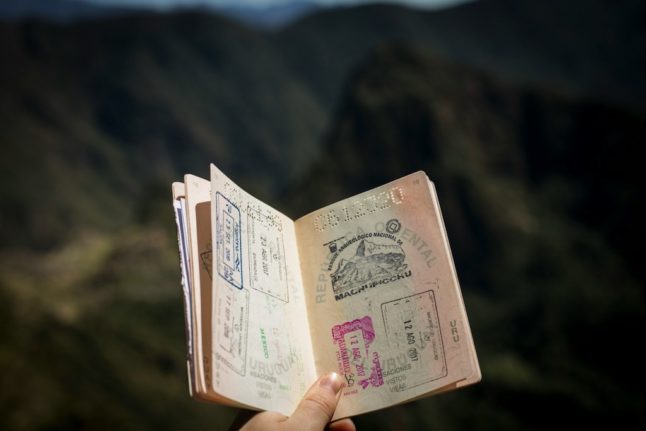You don’t (currently) need to speak Italian
Of course, it’s always a good idea to try and learn the language of any country you want to become a citizen of.
But jure sanguinis is the one route to Italian citizenship that doesn’t test your Italian – unlike acquiring citizenship through marriage or residency, where you’ll need to demonstrate you have B1 level Italian.
That’s because when you’re making an application for citizenship via ancestry, you’re essentially applying to have an existing right recognised.
READ ALSO: Five surprising Italian citizenship rules you should know about
There is an Italian senator who’s put forward a bill trying to change all this, on the grounds that people are abusing Italy’s fairly lenient system.
But for now, the bill is slowly making its way through Italy’s parliamentary system, and doesn’t appear to have since made any progress since it was first announced last year.
READ ALSO: How to find out if you’re eligible for Italian citizenship by descent (sponsored)
You’ll need a ‘Certificate of Non-Existence’
Many people applying for Italian citizenship think that once they’ve got all their birth and marriage certificates in order, their application’s good to go.
Not so fast – you’ll also need a ‘Certificate of Non-Existence’ for the Italian ancestor through whom you’re making your application.
READ ALSO: An expert guide to getting Italian citizenship via ancestry
This might sound nonsensical – after all, the fact that you’re around to make a citizenship application is evidence that your ancestor did, in fact, exist.

In reality, the Certificate of Non-Existence, also known as a ‘Certificate of Non-Naturalisation’, is simply proof that there’s no record of your ancestor forfeiting their Italian citizenship by naturalising as a citizen of a foreign country.
You’ll apply for the certificate through the archives service of whichever country your ancestor emigrated to – that’s USCIS in the US and the National Archives in the UK.
If your ancestor did naturalise, you’ll be issued with a Naturalisation Certificate instead. You’re probably still eligible for Italian citizenship, provided they didn’t naturalise as a foreigner until after giving birth to the next generation.
The process might be different if you’re applying through a female ancestor
If you’re applying through a female ancestor, you might find you fall under the ‘1948 Rule’, which requires you to use a different application process to everyone else.
This rule specifically affects people applying for Italian citizenship by descent through a female ancestor – or her children – born before 1948, when Italy’s constitution first recognised women as having equal rights to men.
People in this situation can’t apply through the administrative system, via consulates or Italian comuni (city halls), but must instead go through the Italian courts.

That might sound like you’re getting a raw deal – but citizenship lawyer Arturo Grasso from the Rome-based firm My Lawyer in Italy says he actively prefers these kinds of applications, as they tend to move a lot faster.
READ ALSO: How the ‘1948 rule’ could affect your Italian citizenship application
Moving to Italy is probably the fastest route
If you have a straightforward (non-1948 Rule) application and are in a rush to get your Italian citizenship as soon as possible, relocating to Italy is probably your best bet.
All you need to do is move to Italy, take up Italian residence, and apply for citizenship at your local comune, or town hall. You’ll likely be looking at a wait time of months rather than years (which is what you can expect going through a consulate).
Importantly, you don’t need to move to the town that your ancestor was from; any Italian comune can process your citizenship application.
READ ALSO: How foreigners can get ‘fast track’ citizenship in Italy
That doesn’t mean it doesn’t matter where you register your residency, though – a small village comune is likely to have a lot more time on its hands to process your application than one in a major city.
Bear in mind that you’re still looking at an average wait time of at least six months, during which time you must be continuously resident in Italy.

You might be able to speed things up by going through the courts
There’s currently a major backlog at most Italian consulates, meaning most applicants are looking at wait time of months, if not years, just to get an appointment to start the process.
“Unfortunately, there’s a complete moratorium with regards to getting appointments at consulates, especially in Latin America, and in the UK and in the US,” lawyer Aleksandra Broom from the Rome-based firm Oliver & Partners told The Local last year.
One way around this is to file a ricorso (appeal) with the Italian courts, asking them to consider your application based on how long it’s taking to get an appointment with your consulate.
Bear in mind you can’t go straight to court – applicants must first gather evidence of all the attempts they’ve made to try to make an appointment at the consulate closest to their residence.



 Please whitelist us to continue reading.
Please whitelist us to continue reading.
Member comments